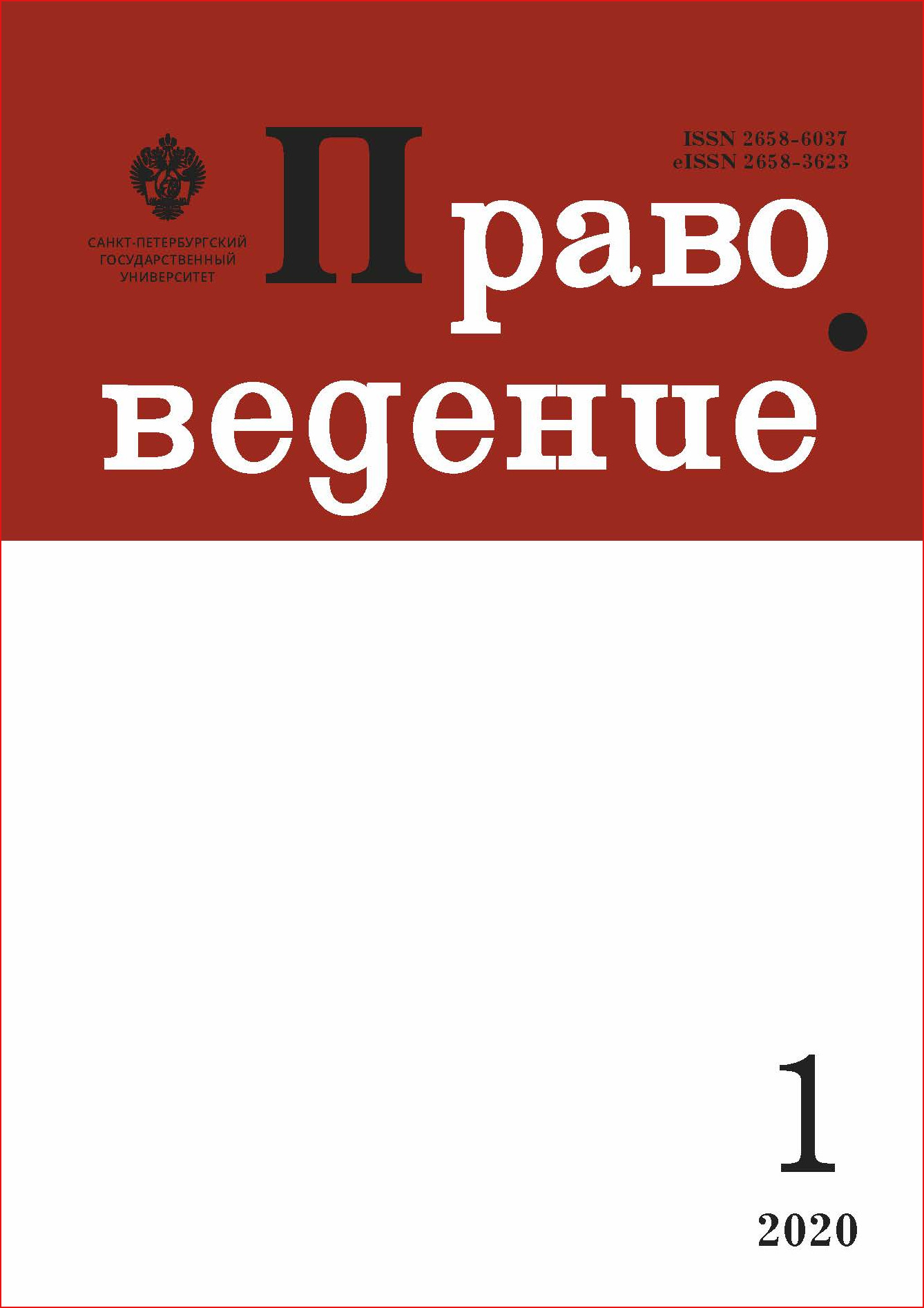Safeguarding Intangible Cultural Heritage in Brazil in accordance with the UNESCO Convention
DOI:
https://doi.org/10.21638/spbu25.2020.109Abstract
Brazil is a complex federation formed by 26 States, the Federal District and 5570 municipalities, all autonomous and sharing powers and duties in many legislative and administrative matters, such as culture and cultural heritage. On October 5th, 1988, the country adopted its first effectively democratic and pluralist Constitution, known as the “Citizen Constitution”. It devotes special attention to the aforementioned topics based on the understanding that cultural heritage encompasses elements of a tangible and intangible nature that make reference to the identity, the action and the memory of the different groups that form Brazilian society, including textual mention of popular, indigenous and Afro-Brazilian cultures. In legal terms, however, it has been observed that since 1937 the country has had a national law for the protection of tangible cultural heritage, but only since 2000 has it issued a Decree on the safeguarding of intangible cultural heritage. In any case, this Decree precedes the UNESCO Convention on this subject, dated 2003 and incorporated into Brazilian law in 2006. At this time, the international regulation acquired a status of supranational to deal with matters pertaining to human rights. The content of the Convention did not result in any abrogation of the pre-existing rules in Brazil, however, it showed that the rules need to be complemented in two aspects. The first one, in a legal sense, to make explicit the humanitarian and environmental protection values that are indispensable in the policy of recognizing cultural manifestations and their elements. The second one, in a political sense given the characteristic of cooperative federalism, involves the necessity for the central government to stimulate the universalization of this policy in other entities of the Brazilian federation, which currently does not occur.
Keywords:
Intangible Cultural Heritage, safeguard, UNESCO, Convention for Safeguarding of the Intangible Cultural Heritage, comparison, Brazilian law, constitutional law
Downloads
References
Downloads
Published
How to Cite
Issue
Section
License
Articles of "Pravovedenie" are open access distributed under the terms of the License Agreement with Saint Petersburg State University, which permits to the authors unrestricted distribution and self-archiving free of charge.




